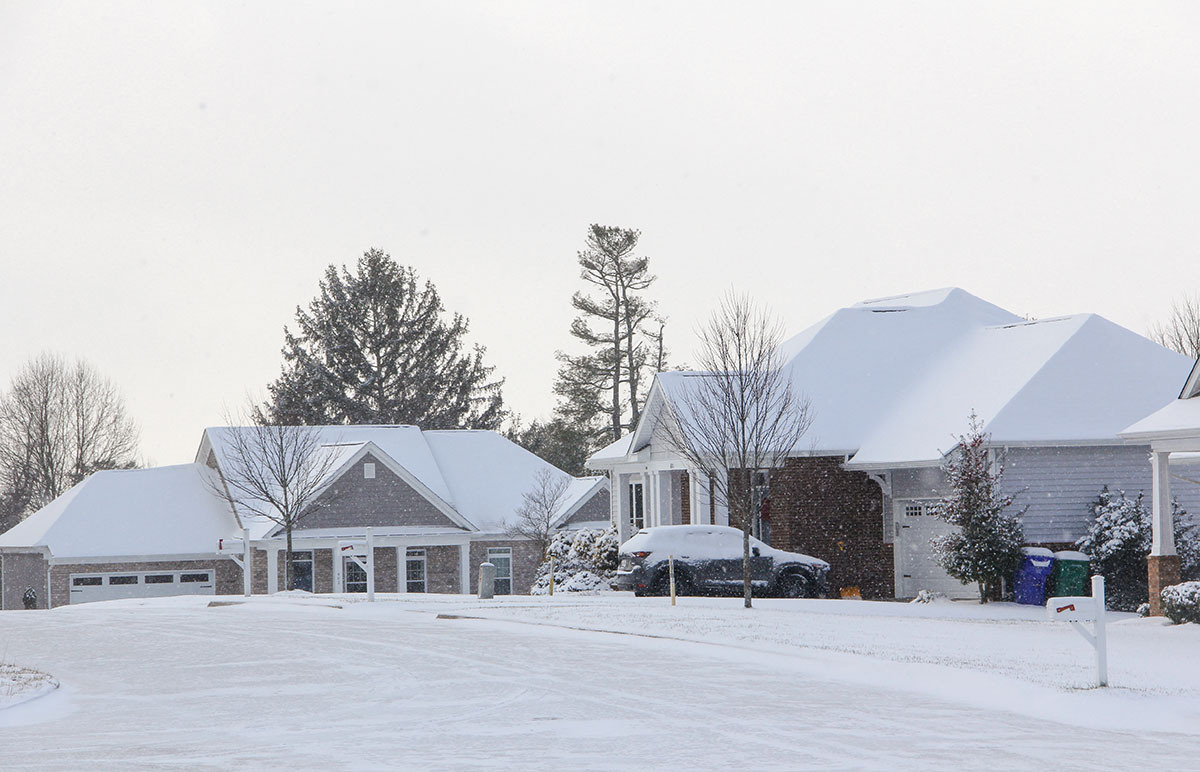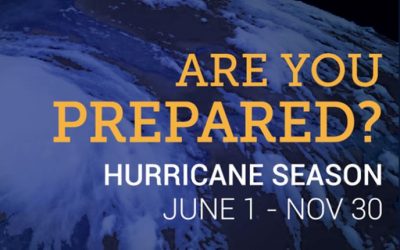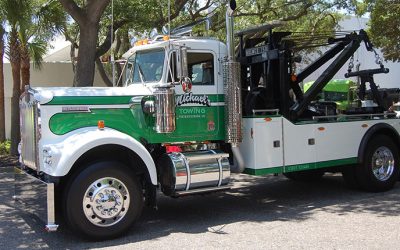Below are some tips to think about while preparing for a Winter Storm that has taken a path towards your area.
- Inspect your roof and gutters. The weight of snow can fluctuate depending on whether or not it is fresh, compact, or icy, making its appearance on a roof deceiving. Shoveling off, raking your roof regularly, or hiring a qualified professional is highly recommended.
- Trim or cut any dead limbs on trees. It’s not only roofs that have a hard time withstanding the impactful weight of ice and snow, trees can also succumb causing damage to properties as well. It is advised to check trees for dead limbs, and to have any trees removed from your property during the warmer months that are not in good health.
- Inspect and protect your pipes. Freezing temperatures cause much concern for frozen and burst pipes. Burst pipes can cause major water damage and if not promptly recognized can also cause mold damage. Those who are vacationing, have an unoccupied property, or will be away for an extended period of time should be sure the furnace is in working order, proper heat is maintained, or shut off the water for the duration of your absence.
- Maintenance to furnaces, electrical and chimney. House fires are another common peril in the winter for several reasons including the increased use of heating and lighting systems, poorly maintained appliances, and outdated electrical systems. Maintenance of furnaces and fireplaces is essential. Proper usage of space heaters, extension cords, holiday decorations and more is also a necessity for fire prevention. If a house fire occurs, there will not only be damage from the fire itself but also ensuing smoke, soot, and water damage.
- Install or check smoke and carbon monoxide detectors. Not only do residential fires increase in the winter, but so does carbon monoxide poisoning—so regularly check that your detectors are in working condition.
- Provide a reliable back-up power source. In the event of a power outage, continuous power will keep you warm and help to prevent frozen pipes, or a frozen battery operated sump-pump. Consider purchasing a portable power generator to ensure safety—and be sure to follow all guidelines for safe operation.
- Move combustible items away from near any heat sources that you’ll likely be using. This includes fireplaces, wood stoves and space heaters.
- Know where your pipes are located and learn how to shut the water off. If your pipes freeze, speed is critical. The quicker you shut off water or direct your plumber to the problem, the better your chance of preventing major damage.





